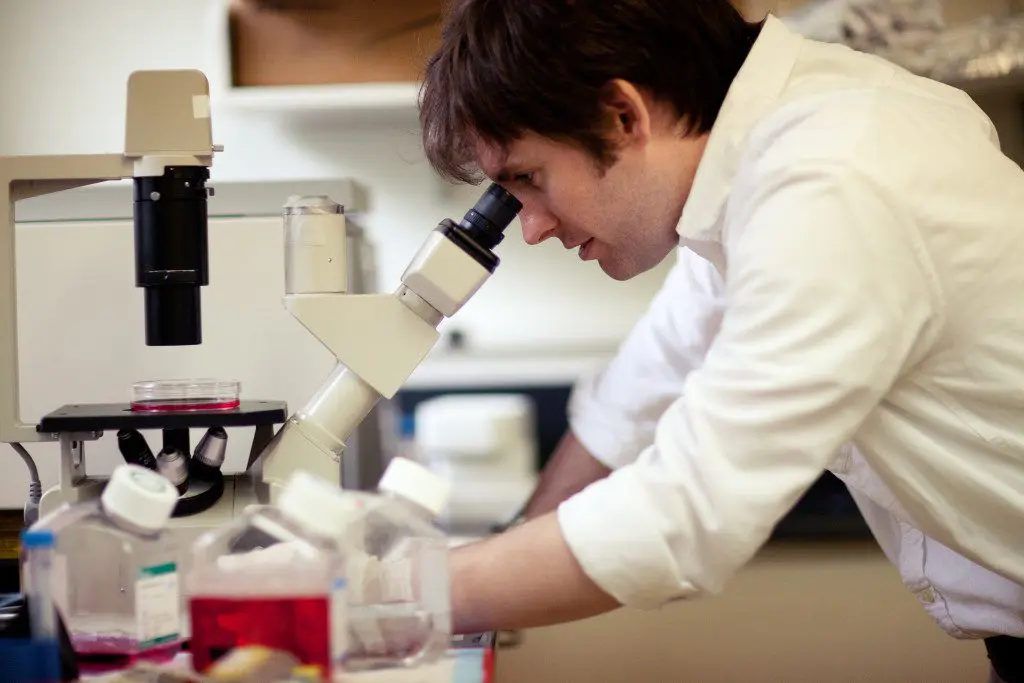Your Surgery or Fluid Drain Can Advance FLC Research

Fibrolamellar tumor tissue is critical to help cancer researchers learn what drives this disease and how to treat it. Studies often need large numbers of samples from different patients to adequately answer their research questions.
With a few easy steps, you can support current research by donating tumor tissue to the Fibrolamellar Cancer Foundation (FCF) Biobank.
What is the FCF Biobank?
The FCF Biobank is a centralized repository of tumor tissue, drained fluid and blood samples contributed by fibrolamellar patients. Our biobank protects and preserves these samples so we can distribute them to researchers all over the world, free of charge, to support important research into the disease. Additionally, our biobank collects clinical information from fibrolamellar patients to enable research into factors that affect treatment and outcomes. By sharing freely with scientists, research using your donated samples will provide new insights, ultimately leading to more effective FLC treatments.
How is the tumor collected?
After a patient undergoes an ascites drain or surgery for their malignancy, most of the removed material is typically discarded and lost. With your consent, we can request that your doctor provide us the excess tumor tissue and fluid samples for research purposes.
How do researchers use the samples?
The FCF Biobank supports a wide range of research with the tissue and specimens that you donate. Some studies may do genomic research to look at the DNA and genes expressed by the tumor; others may look at proteins and other products made by the tumor to help identify new therapeutic targets. In addition some tissue may be used to develop cell lines and tumor models, critical components for testing potential new compounds to treat FLC.
A single sample sent to our biobank is typically divided and shared among several different labs to support multiple research studies. During that process, it is possible that our researchers may discover something that might be relevant to you, but tests done for research purposes are not done to the same standards as those used to help make clinical decisions. Because of these limitations, the results of research tests should not be used to guide decisions about care. However, if we find something that could, if confirmed, have an impact on your diagnosis or treatment, we will share that information with your treating doctor so that they can decide whether it is significant enough to confirm with further clinical testing.
In this video from the FCF’s September 17, 2020 Virtual Fall Gathering, Patty Cogswell discusses the FCF Biobank Program.
How to Contribute
To donate tissue from an upcoming surgery or fluid draw
- Contact Seth Haddix (shaddix@fibrofoundation.org; (281) 630-1982), Patty Cogswell (pcogswell@fibrofoundation.org; (919) 619-1811), or fill-in the brief form below
- Our team will
- Discuss the consent process and answer any of your questions
- Send the FCF Biobank Consent Form for you to review and sign
- Work with your hospital to collect tissue not needed for your care
- You then tell your surgeon that you want to donate tumor tissue through the FCF Tumor Donation Program and that we will be contacting the surgeon’s team
Frequently Asked Questions
If you have further questions, please contact Seth Haddix at shaddix@fibrofoundation.org. To download a brief overview of the program click here (for an english version) or click here (para una versión en español).
